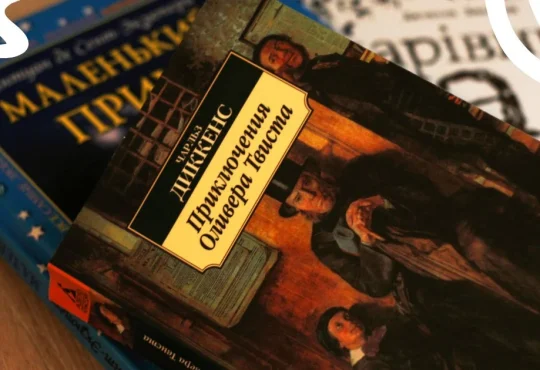Most people think writing a novel is just writing. I have lost count of the number of people who say “I want to write a novel” and think that they will just sit down, put pen to paper or fingers to keyboard, and the whole thing will just unfold before them. I’ve read a few novels, they think, why can’t I write one?
If only it were that easy!
The process of writing any story is exactly that, a process. And whether you are tackling a novel, a short story, an essay or a non-fiction book, you need to begin by planning your story.
This is the most ignored stage in the writing process, and yet it is by far the most important. JK Rowling spent five years planning the Harry Potter novels. And that certainly paid off, didn’t it?
The key to writing any story well, is to find the story that only you can write. This story carries your own emotional truth, and as you progress through the story writing process, your character will take you on the journey of emotional growth just as they will your readers once it’s published.
The Deeper Character Journey
The deeper character journey is the most important aspect of any story. It is what your readers will remember and it is what makes the process of writing a story so worthwhile for the writer. Every time you take your character on a journey, you go on that journey yourself.
So how do we find that deeper character journey? Where do we begin?
We begin with this simple exercise:
Without thinking too much about it, finish this sentence:
• I am interested in writing a story where the main character discovers the importance of ………………
Write for 5 minutes, preferably in long hand, allowing whatever comes up to just flow onto the page.
When you have finished you will find that you have written a lot of different values into your answer. Values are universal qualities of human experience, either positive or negative. Take a few moments to divide these values into their positive and negative groups. You’ll find that a few similar ones in each group will stand out, so isolate these and then decide on the most important ones from each group.
Once you have done this you can now write your deeper character journey in one simple sentence.
• I am interested in writing a story about a character who goes from being….. to being…..
What is your character’s weakness?
Every character has a weakness – something they need to learn to have a better life. Your character’s weakness should now be pretty clear to you, as it is strongly connected to what they need to learn the importance of from the above exercise. With your character’s weakness in place, you can now begin to put them and their weakness under pressure and suddenly your story is off and running.
Predicament
Stephen King says he starts a story with a character in a predicament and watches them to see how they get out of it. So at the start of your story your main character must be in some sort of predicament or stuck in some way. The predicament your main character is in should be a symptom of their weakness. They are aware of their predicament, but they are not aware of their weakness.
For example, a character who needs to learn the importance of patience, is stuck underground on a broken down train. He becomes more and more exasperated and angry as the minutes tick by as he needs to be at an important meeting. As he’s underground his mobile phone has no signal, and he also can’t just jump off the train, as the doors are electronically sealed, and besides he’s underground so he can’t just wander off up the tracks in the dark.
So we know our character’s predicament will expose his weakness, which is impatience. The question for you to answer is, what does he do? How does he respond? What choice does he make? And he will make that choice based on his personal values.
Values in Conflict
Conflict lies at the heart of all powerful stories. It is a well worn adage in story writing that nothing moves forward in a story except through conflict.
But a good story also isn’t just a sequence of random conflicts, things that happen with no apparent pattern or meaning. It is a series of events, putting your character(s) under more and more pressure, forcing them to respond. This then shows us their true character.
Values underlie our choices, our decisions, and in storytelling they drive the story through the characters being forced to make difficult decisions where their values are challenged. A value is a belief system based on what is important to the individual. A value represents something in your character’s life that they are willing to fight for. So if you have a married woman who is attracted to another man, her choice of whether to go with the other man or stay with her husband will be based on the values of romance versus fidelity or loyalty.
Once you have nailed the values underlying your character’s choices, you will have connected strongly with your character’s deeper journey. This in turn connects you to your readers, who will recognise similar conflicts in their own lives.
And you also have the essence of the story that only you can write.







